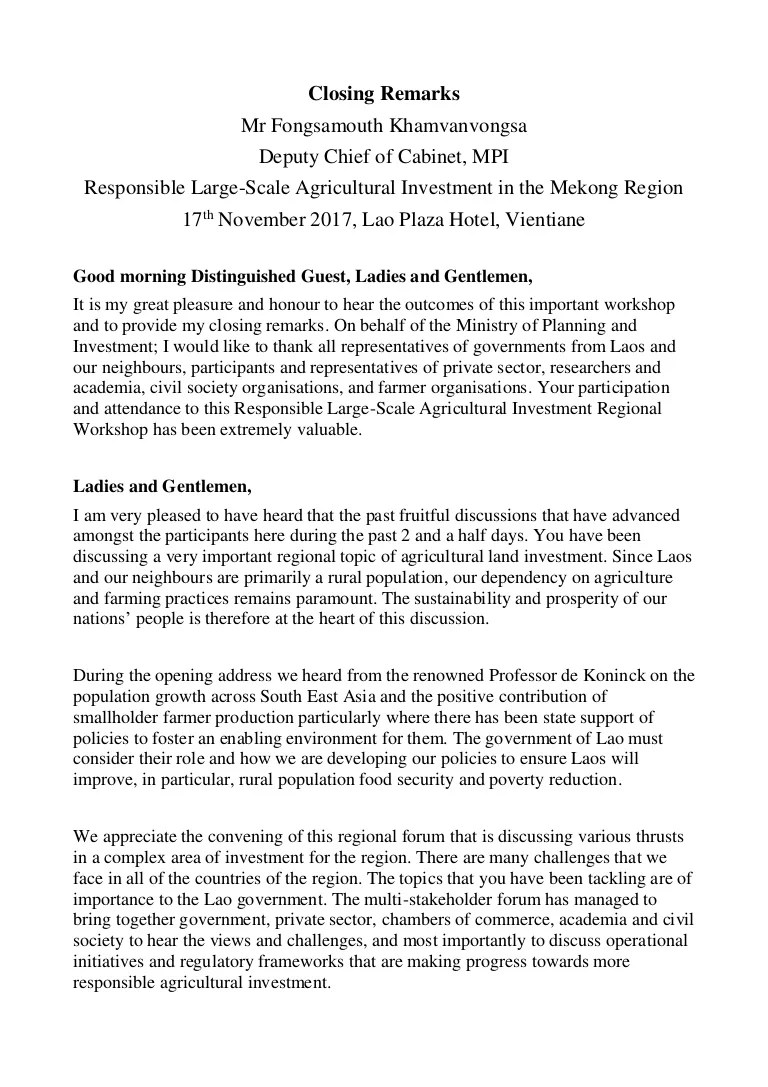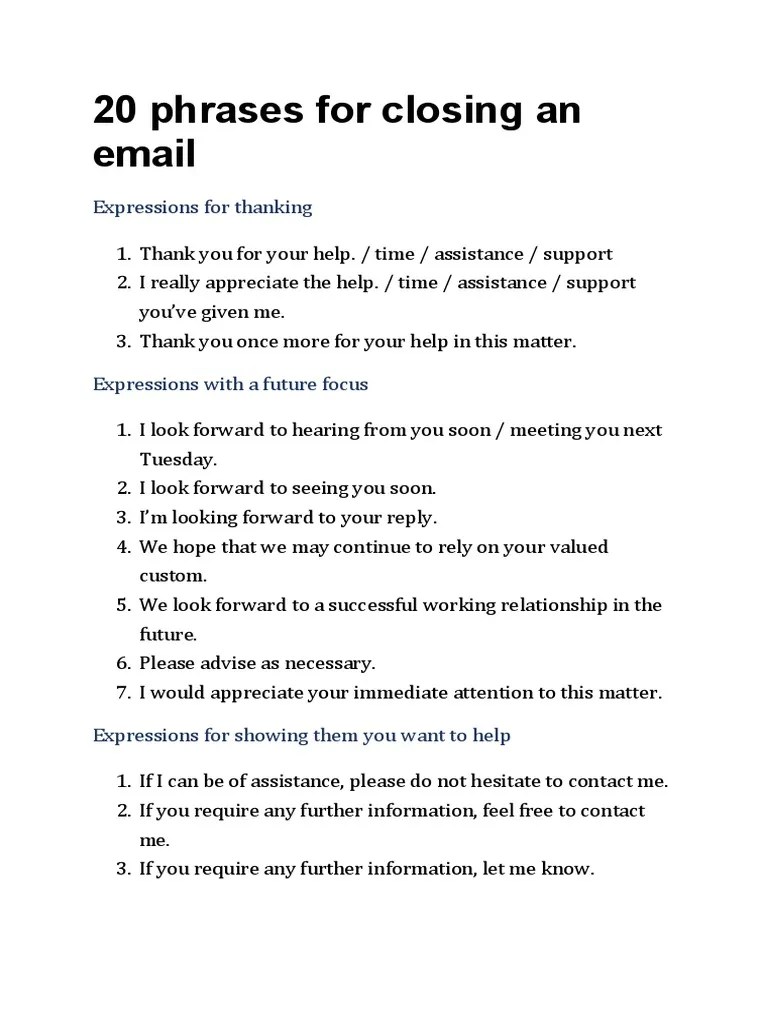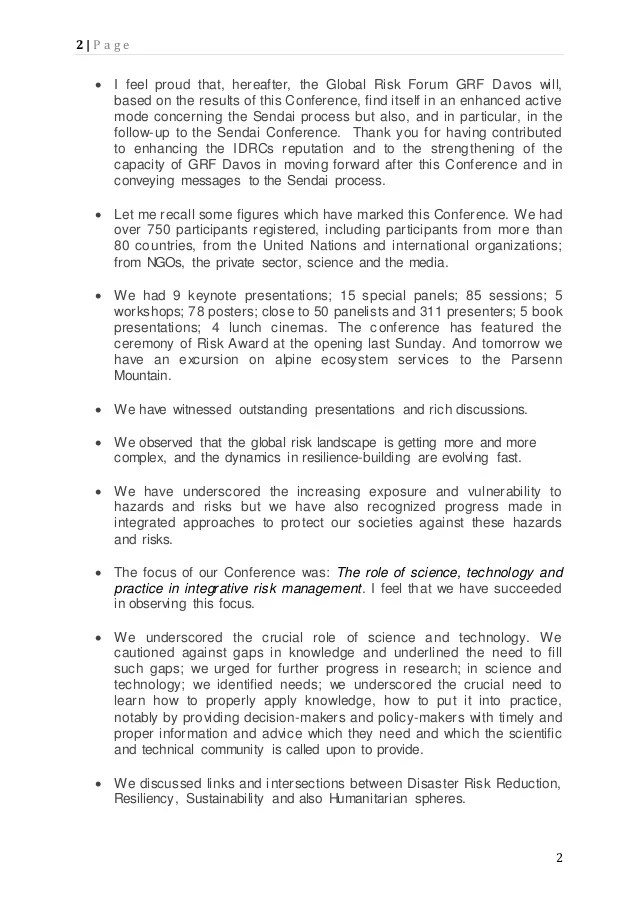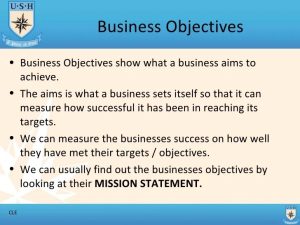Closing Comments On Email. ‘best’ is usually best if you want to choose an email closing that covers the widest array of professional situations, a version of “best” is usually a winner, experts say. It’s much harder for recipients to ignore your email when you end with a definitive call to action.

As you read through them ask yourself two simple questions: Regards yes, it’s a bit stodgy, but it works in professional emails precisely because there’s nothing unexpected or remarkable about it. Whether it’s because they have long approval processes to go through or they’re feeling indecisive and unconvinced, these prospects can become a huge waste of time if they keep demanding your attention but never close the deal.
 Source: www.slideshare.net
Source: www.slideshare.net
Thank you for taking the time to [what they did for you], As you read through them ask yourself two simple questions:
However, To Use This Option, You Need To Know The Recipient Pretty Well.
These are generally universally good ideas regardless of how you choose to close your message. When i saw his closing i knew my written communication with him was clear, effective and thoughtful. advertisement 3. The purpose of closing remarks
To Help You Find The Right Words When You Need Them Here Are 20 Great Expressions For Closing An Email.
“the reason i go with ‘best’ or ‘best wishes’ is they’re completely bland or inconspicuous or boring,” said victoria turk, the author of digital etiquette. This closing line is guaranteed to grate on your prospect’s nerves. Acknowledge exactly what they did to help you.
Sincerely Conveys The Right Tone For Formal Correspondence.
If you send the letter by email, include one space between the closing and your name. Regards yes, it’s a bit stodgy, but it works in professional emails precisely because there’s nothing unexpected or remarkable about it. Some examples of closings to avoid are listed below:
Be Sincere When Thinking About What's Usually At The End Of A Business Email, Know That Your Closing Should Be Genuine And Realistic.
Leave four spaces before your typed name so you can place your handwritten signature above it, if you send the letter on paper. Normally, your business email closing should be in this order: When would i use this?
Take A Look At Some Of The Best Business Letter Closings You Will Come Across.
“thanks again for [what they did for you — make it a quick phrase],” “you’re the best,” 8. After your consideration, jump a line and write your full name followed by your contact details. The limit of your closing remark must last between 10% to 15% of your speech.


